Today’s post is brought to you by Academy Award-nominated ’80s music (why??) and my latest rom com obsession: Crazy, Stupid, Love!
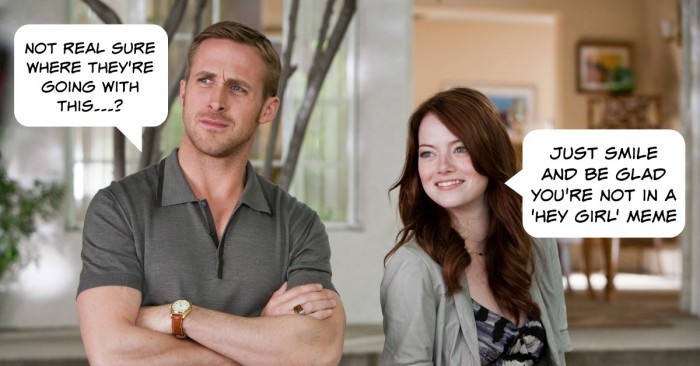
Super random trivia: “That’s the Power of Love” was featured in Back to the Future and nominated for Best Original Song in 1985 (even more random: it somehow worked its way into my head this morning?!). So here’s the plan: Press play for a lil background music and let’s get romantical with some Valentine’s Day research!
Fire up the Dorklorean!
LOL Get it? Dolorean, Dorklorean?!
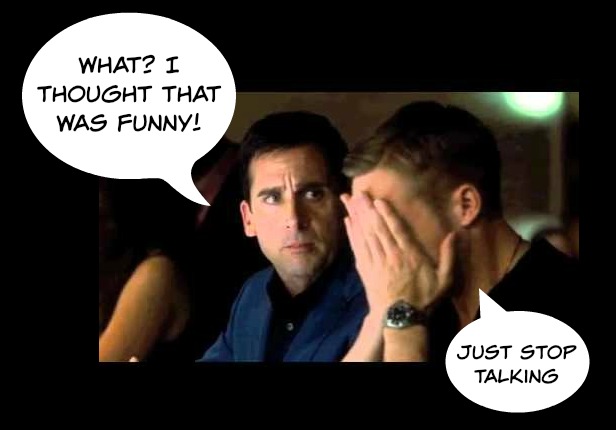
A few posts back, we looked at the science behind “broken heart syndrome” (otherwise known as stress cardiomyopathy). Turns out, it is possible to die from a broken heart!

We also learned that the risk of a regular heart attack (which is totally different from stress cardiomyopathy) increases up to 21 times in the 24-hours following the loss of a significant other.
(For more on broken heart syndrome, check out Dr. Ilan Wittstein – his landmark article, Neurohumoral Features of Myocardial Stunning Due to Sudden Emotional Stress, first got everyone talking back in 2005.)
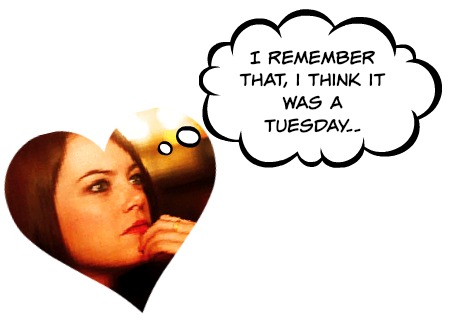
But Gosling’s right and a little bit naked. Broken hearts are a major buzzkill. So today we’re gonna take a completely different approach and look at love and longevity!
The Grant and Glueck Study
For the past 75+ years, Harvard researchers have followed over 700 study participants, trying to identify psychosocial predictors of healthy aging. In other words: What makes for a long and happy life?
The answer, according to study co-founder George Vaillant, is simple: “Happiness is love.”
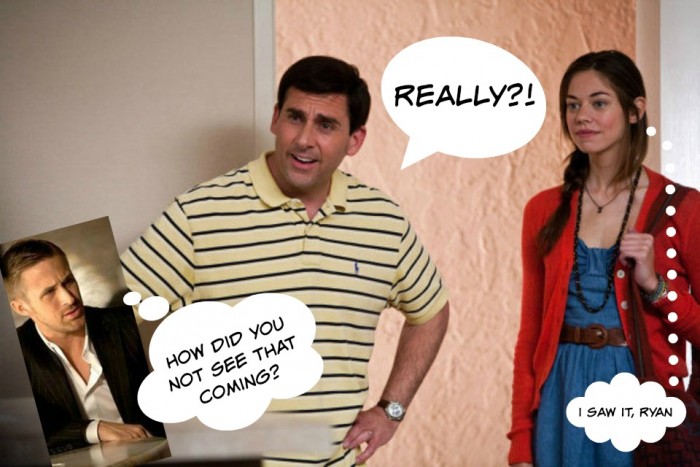
Yep, nearly a century’s worth of research and over $20 million has confirmed: Good relationships keep us healthier and happier.
Current study director, Robert Waldinger, explains:
We’ve learned three big lessons about relationships. The first is that social connections are really good for us, and that loneliness kills. It turns out that people who are more socially connected to family, to friends, to community, are happier, they’re physically healthier, and they live longer than people who are less well connected. And the experience of loneliness turns out to be toxic. People who are more isolated than they want to be from others find that they are less happy, their health declines earlier in midlife, their brain functioning declines sooner and they live shorter lives than people who are not lonely. And the sad fact is that at any given time, more than one in five Americans will report that they’re lonely.
The second lesson? It’s the quality of close relationships that matter, not the quantity.
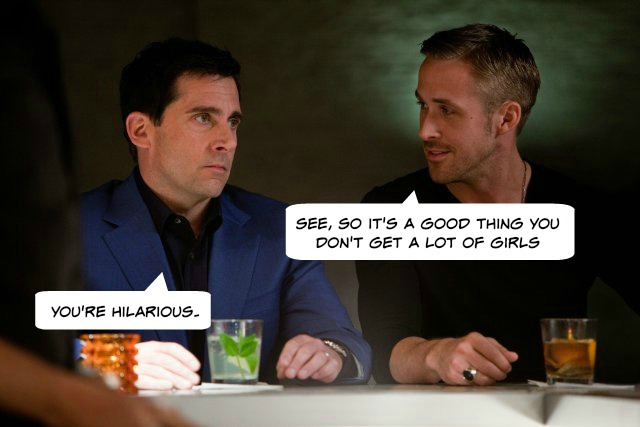
And the final lesson: Relationships protect our brains. Waldinger concludes:
It turns out that being in a securely attached relationship to another person in your 80s is protective, that the people who are in relationships where they really feel they can count on the other person in times of need, those people’s memories stay sharper longer. And the people in relationships where they feel they really can’t count on the other one, those are the people who experience earlier memory decline. And those good relationships, they don’t have to be smooth all the time. Some of our octogenarian couples could bicker with each other day in and day out, but as long as they felt that they could really count on the other when the going got tough, those arguments didn’t take a toll on their memories.
Good news!
You don’t need to be in a romantic relationship to benefit from social connectivity! In fact, numerous studies have confirmed the positive effect of close friendships and family ties. For a quick illustration, let’s skip on over to Hawaii where researchers monitored the development of 698 participants at ages 1, 2, 10, 18, 32, and 40.
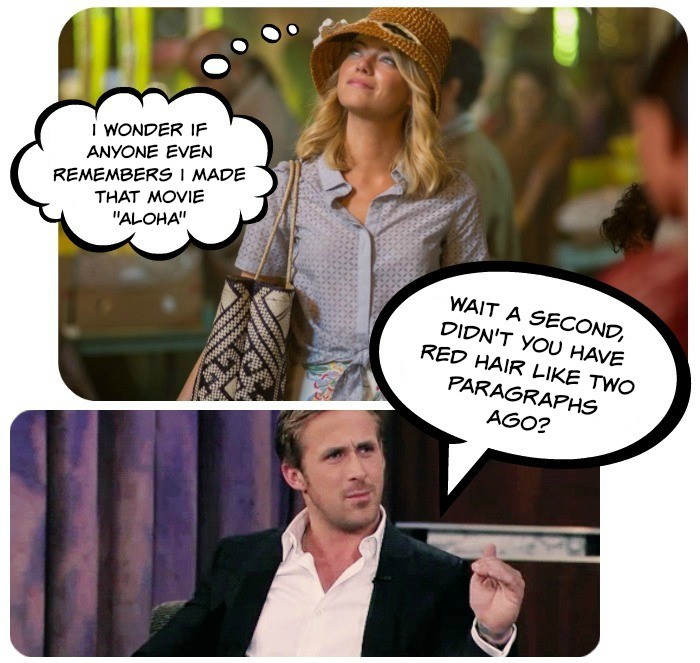
Study results show that participants who were the most psychologically resilient tended to have “a close bond with at least one competent, emotionally stable person.” They also relied on their peers for emotional support.
So it just goes to show: Relationships are good for ya, even if they don’t involve soulmates! As Ruth Whippman, author of America the Anxious, puts it:
If there’s one point on which practically every piece of research into the nature and causes of wellbeing is consistent it is this: our happiness depends on other people. The stronger our relationships with others, the happier we are.
Wanna learn more?
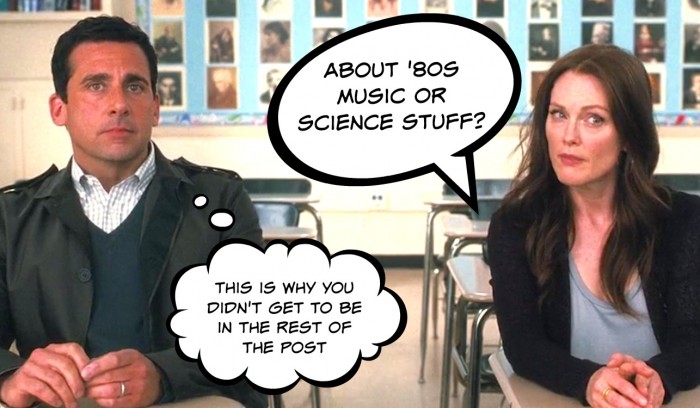
For anyone wanting to learn more about the mind/body connection, here’s a few extra links!
- Positive Psychology: The Science of Beyoncé
- How to Be Optimistic (Like a Boss)
- What Percent of Happiness Can You Control?
Also, I’m super excited to announce that I’ll be publishing my first book (based on the blog!) within the next few months! I’m still in the process of finding the right printer and finalizing design stuff, but if you’d like to stay in the loop, just enter your email address below! :)
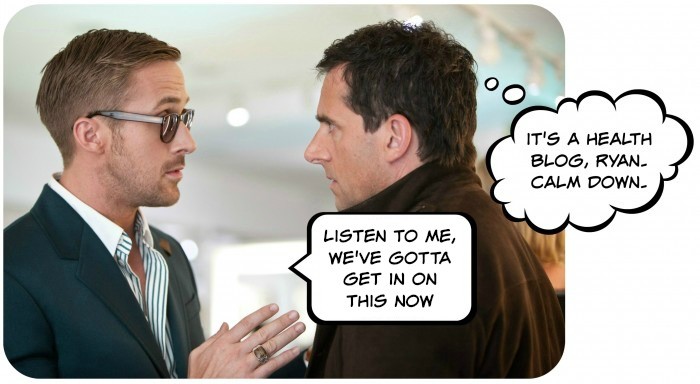
Happy Valentine’s Day! ♥
I hope everyone has a great Valentine’s Day! And thanks so much for reading! ♥
As always, let me know if you have any questions!
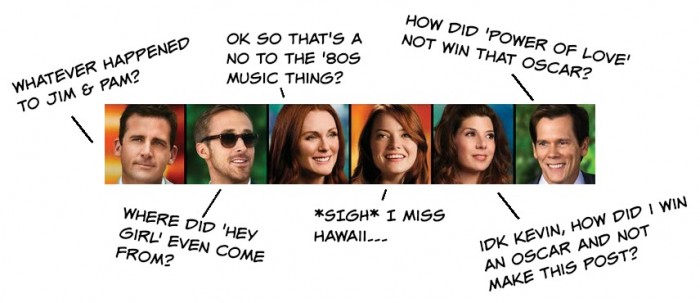
xo Jessica ♥
PS. Now you can join Prayers and Apples on Facebook, Twitter, Instagram and Pinterest! ♥
For updates on new blog posts, please subscribe below! :)
*Please note: You’ll receive an email asking you to confirm your subscription. Make sure you open and click confirm – otherwise, you won’t get updates! :)
PPS. Gotta shout out my server, James! I wrote this post at a restaurant and took up his table for hours! Thanks for not kicking me out! LOL :)
References
“That’s the Power of Love” Video: Jazwardo
Helliwell, J.F. & Putnam, R.D. (2004). The social context of well-being. Philosophical Transactions of the Royal Society B: Biological Sciences, 359(1449): 1435-1446.
Mostofsky, E., Maclure, M., Sherwood, J.B., Tofler, G.H., Muller, J.E. & Mittleman, M.A. (2012). Risk of Acute Myocardial Infarction after Death of a Significant Person in One’s Life: The Determinants of MI Onset Study. Circulation: American Heart Journal, 125: 491-496.
Shenk, J. (June 2009). What makes us happy? The Atlantic. Retrieved: 12 February 2017.
Snyderman, N. (Reporter), & Williams, B. (Anchor). (2012, September 24). Yes, you can die of a broken heart . [Television series episode]. NBC Nightly News.
Waldinger, R. (November 2015). What makes a good life? Lessons from the longest study on happiness. Ted Talk. Retrieved: 12 February 2017.
Werner, E. (1993). Risk, resilience and recovery: Perspectives from the Kauai longitudinal study. Development and Psychopathology, 5(4): 503-515.
Whippman, R. (7 October 2016). Americans are spending a fortune on finding happiness – and becoming less happy in the process. Quartz. Retrieved: 13 February 2017.
Wittstein, I.S., Thiemann, D.R., Lima, J.A.C., Baughman, K.L., Schulman, S.P., Gerstenblith, G., Wu, K.C., Rade, J.J., Bivalacqua, T.J. & Champion, H.C. (2005). Neurohumoral Features of Myocardial Stunning Due to Sudden Emotional Stress. The New England Journal of Medicine, 352: 539-548.



As always entertaining, factual information we all are better off knowing than not.